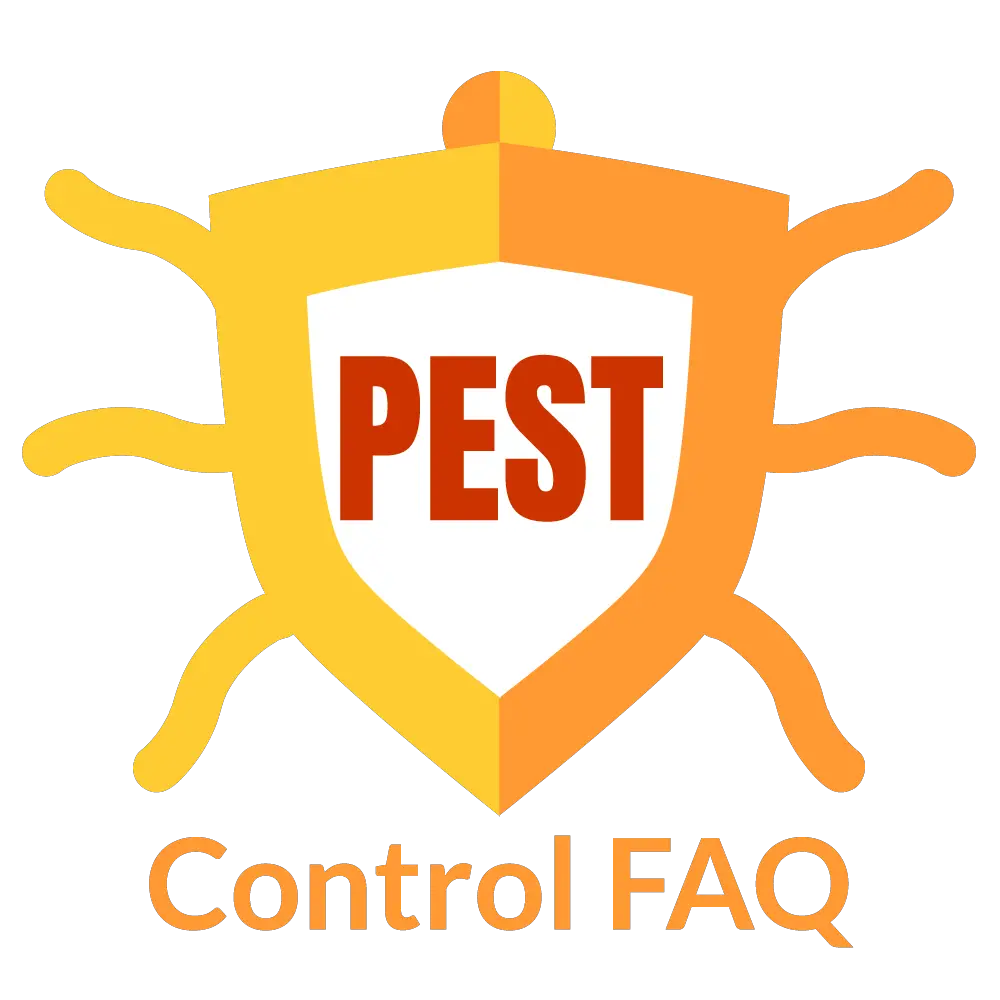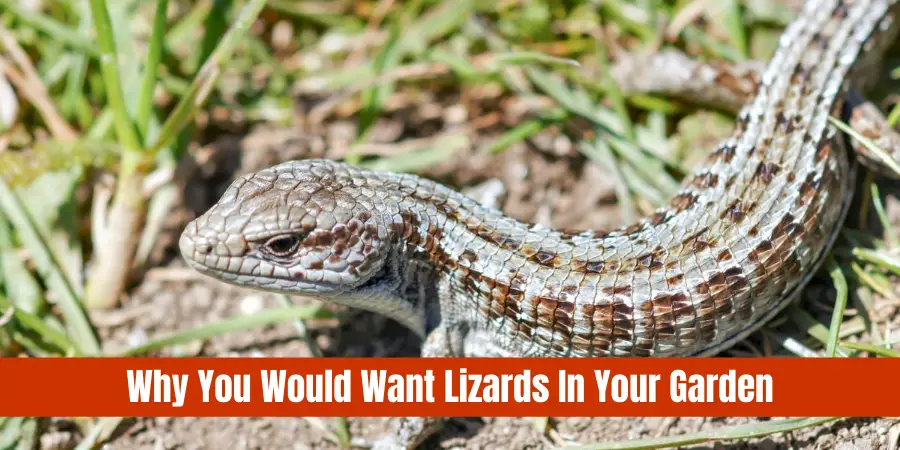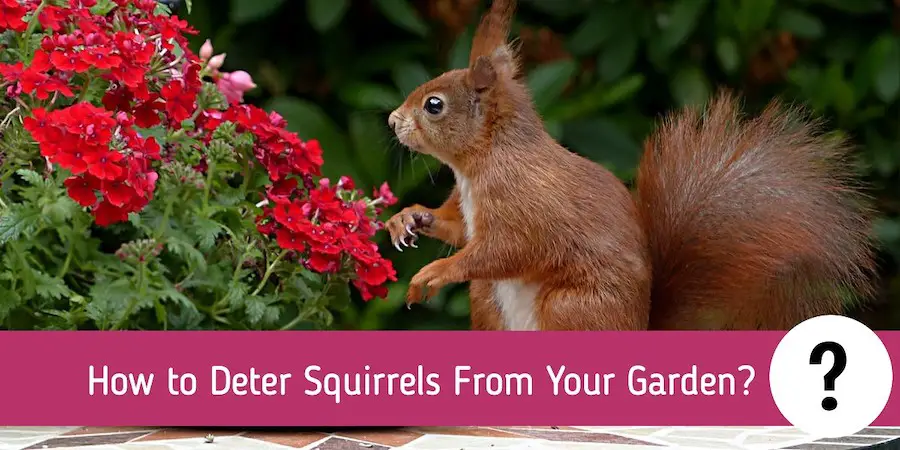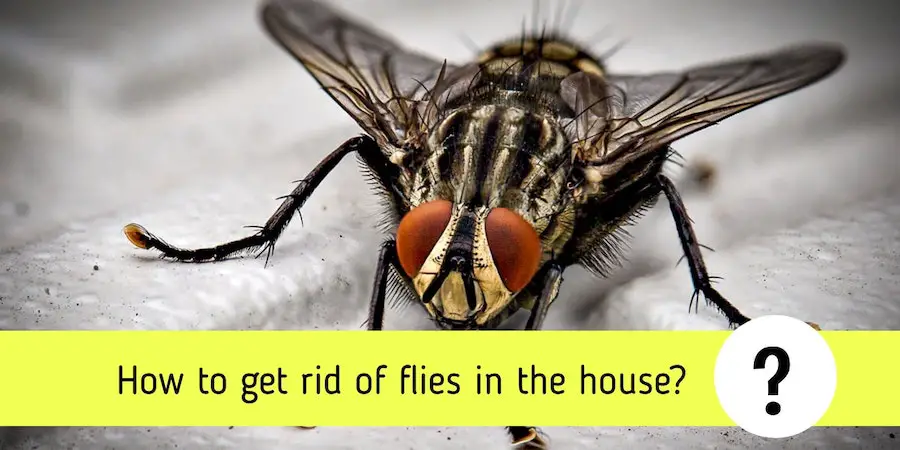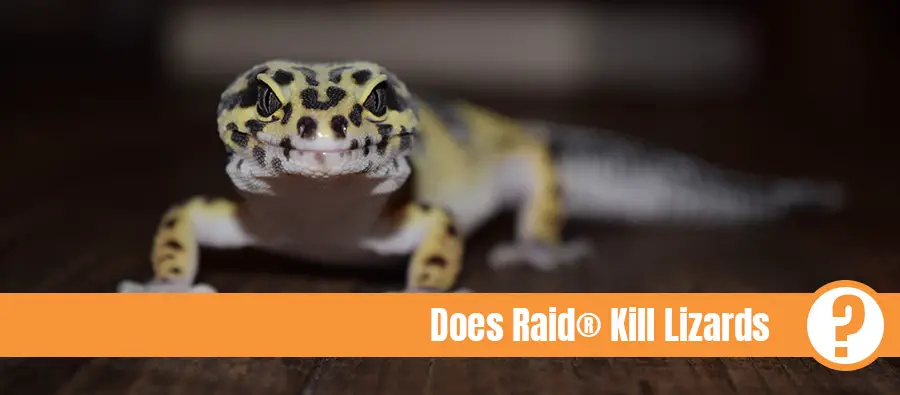When you consider the perfect partner in the garden, you tend to think of the beautiful birds and butterflies. You likely don’t even consider the lizards! They come in various sizes and shapes, having them around is really fun and entertaining. They are perfect to complete the biodiversity of your garden. Still not convinced that you need those lizards in your yard? Read on!
Why you want lizards in your garden? These reptiles come to your garden with the promise of free and natural pest control. Lizards will be very happy to munch down slugs, snails, and other insects.
I know you want this. But, how would you get the lizards to stay? Here, you’ll find out effective tips for creating a lizard-friendly garden. Discover how to attract these reptiles below…
Is it good to have lizards in your garden?
Although lizards are not desired in your home they are very beneficial in your garden. They keep garden pests away or in balance by feeding on them. In fact, many species of lizards eat pests such as cockroaches, spiders, ants, beetles, and so on. So, they will reduce the population of harmful insects in your garden. You couldn’t ask for a better pest control service.
Native garden lizards can also come in handy to check the health of the environment. Most of the time, lizards only live in areas with a low level of pesticides and harmful chemicals. This environmental condition will ensure a low level of these harmful particles.
How do you attract lizards?
You already know that lizards are good partners in the garden. If you want to get them to come in and stay long in your garden, you need to provide an appealing environment for them.
Firstly, you need to find out what lizards eat, and how to attract their prey. Then, provide them with a lot of hiding spots and water. How, though? Not to worry, we’ll help you through the learning process.
Give them shelter!
Lizards often need materials that’ll provide them with shelter and hideouts. These materials can be rocks, ground covers, or old pipes.
To provide an attractive shelter for lizards in your garden, do the following:
Include areas for a sunbath
Lizards need to sun themselves. They depend on the sun to raise their body temperature and to stay warm. Place large rocks and concrete blocks around your garden.
These reptiles love to spend their day on rocks and bricks. These materials absorb heat for the cool nights of summer.
Elevating the rock or putting them in a pile is a really great idea. This would help the lizards slip under when threatened by predators. This type of environment usually attracts lizards.
Plant ground covers
Lizards are always looking out for perfect spots to hide out. Planting ground covers would provide a lot of space for them to hide.
Mulch your garden
Mulching your plants would help you prevent weeds and conserve moisture in your soil. This would create a friendly environment for lizards by providing hideouts and prey for them.
Attract their prey!
There are few things you could do to attract prey for lizards, they’ll love you for this! Lizards will stay around if they can find plenty to eat.
Plant nectar-producing flowers
Lizards feed on insects. Nectar-producing flowers would attract insects to your gardens. This would create an encouraging environment for lizards.
Compost your veggie scraps
Composting your waste will help attract insects and snails into your garden. This will provide food for the lizards and keep them coming.
Help them move in by including vines or creepers
Most times, these creatures get into your garden through the fence. Using creepers to cover your fences or walls would facilitate the movement of lizards up your fences and into your garden.
Provide water
To attract lizards, you need to provide them with a regular water supply. You can do this by building a pond or a shallow bowl of water in your garden. You should include a stick or ramp for easy access to the water supply.
Protect them from natural predators
Natural predators of lizards like cats will scare them away. Keep your cats indoors or provide a cat run to prevent them from harming your garden creatures. You should also provide more hiding places for them by planting bushy perennials and using bricks or pipes.
Planting for lizards
Certain plants are attractive to lizards. You should consider starting with groundcovers and vines. Both of which provide a “thick” cover for lizards.
Tussock grasses, spear grass, and ferns are good examples of thick ground covers. These plants also attract prey that lizards enjoy. Berry plants would also serve as food for lizards.
What to avoid if you want lizards in your garden
Avoid the use of chemical pesticides
Make sure you don’t use chemical pesticides in your garden. This can be very harmful to beneficial animals around the garden. Instead, use other natural methods that can keep pests away.
If you are growing food in your garden, you should use organic pest control anyways. Otherwise, you’ll feed your family a bunch of chemicals.
Avoid using non-organic fertilizers and snail pellets
Lizards prey on snails and bugs, using snail pellets to get rid of them may prevent lizards from showing up in your garden. Also, your lizards might die if they eat a poisoned snail or bug.
Avoid the use of weed killer in the garden
Weed killers affect lizards negatively. Instead of widespread application of weed killers, treat weed issues on the spots, especially on the lawn. You can simply pull out weeds in your garden.
Avoid taking lizards from the bush or park
Lizards won’t stay in your garden simply because you brought them in. You can only get them to stay by creating a friendly environment for them.
Avoid raking up leaves
Allow your leaves to litter your garden since they will help attract lizards. They provide hideout spots for them. However, it won’t look very nice. Maybe you avoid raking in a certain area.
Avoid feeding lizards
Lizards are good at finding their own food. If you decide to feed them yourselves, they’ll become dependent. This isn’t a sustainable method of attracting lizards.
Myths about lizards
There are several tales about lizards that are widely believed throughout the world. Most of these tales are actually false.
For instance, some gardeners think that lizards are responsible for eating plants in the gardens. Quite the twist: lizards do not eat garden plants. They even help to get rid of the culprits – grasshoppers and other bugs.
Additionally, some people believe that all lizards are venomous and harmful. They usually associate the common gecko (a type of lizard) with poison. They strongly believe that the poison on this organism makes them yellow. Some affirm that “lizards fall into milk and poison it.” While some lizards are indeed venomous most are not.
There is another common belief that people could get leprosy if a gecko spits on them. This is why such lizards are called “Korh Kirli” in Pakistan (in the local language, a lizard [kirli] capable of afflicting leprosy[korh]). Even the common garden lizards are considered venomous in some parts of the world.
Geckos are harmless lizards. The smaller ones usually don’t make an attempt to bite humans. The bigger ones may bite but can never be fatal. Actually, when a lizard falls into food in the cooking process, the poisoning is not due to the lizards being toxic. It could be a result of an allergic reaction.
Putting it all together: Why you would want lizards in your garden?
You see, barely sustaining a garden that is accessible and convenient for lizards would attract them and determine if they’ll survive and thrive.
Once they’ve settled in your garden, you can relax and enjoy their presence: Lizards will be your very own natural pest control service. Make sure to avoid snail pellets and pesticides. They might seem like a good idea, but they’ll pretty much upset the ecosystem and cause more harm than good.
